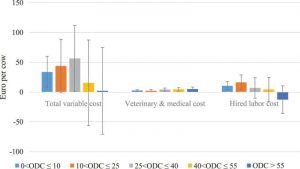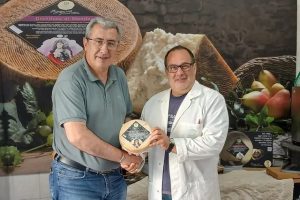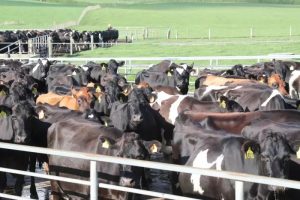
Nestlé, the world’s largest food manufacturer through brands such as Hot Pockets, Lean Cuisine and Nespresso, has been steadily expanding its U.S. presence in plant-based products.
Nestlé entered plant based in a big way in 2017 with its acquisition of Sweet Earth. The Switzerland-based food and beverage maker also has created plant-based extensions for popular brands including its Coffee mate and Starbucks creamers, while adding plant-based meat as an option in its DiGiorno Pizza and Stouffer’s Lasagna.
It also announced in 2022 that it’s exploring products using animal-free dairy proteins, beginning with a test launch of chocolate and plain milk-like items containing Perfect Day’s whey protein made through precision fermentation.
The introduction of a milk brings its Natural Bliss brand, known for its connection to dairy through its creamers, into plant-based usage occasions beyond coffee — such as cereal or drinking by itself — that Nestlé previously missed. Even if Natural Bliss Oat Milk doesn’t become a huge revenue producer, it allows Nestlé to grab sales that might otherwise have gone to a competitor while further building the brand’s store presence.
“We know our consumers seek products that are both delicious and nutritious, and this offering delivers with a first-to-market blend of oat and fava bean protein that offers more protein than the leading oat milk brand, less sugar than dairy milk, and can be enjoyed in several ways, at any time of day,” Daniel Jhung, president of beverage at Nestlé USA, said in a statement.
The oat and fava plant-based beverages will launch nationally in grocery stores and mass retailers in the U.S. They will come in two varieties: Natural Bliss Oat Milk Original and Unsweetened. While the label prominently touts the presence of oats, Nestlé chose to incorporate the high-protein fava bean to improve the product’s nutritional profile.
Alicia Enciso, chief marketing officer for Nestlé USA, told Food Dive last year even though plant-based products are “growing at a small pace, it will continue to be extremely important” for the CPG giant.
“Consumers are now requesting for mainstream brands to have plant-based options,” she said. “We have such a broad portfolio that we can really bring very strongly similar options.”
Plant-based milk sales represented 16% of the entire milk category in 2021, according to the most recent data from SPINS, the Plant Based Foods Association and the Good Food Institute.

























